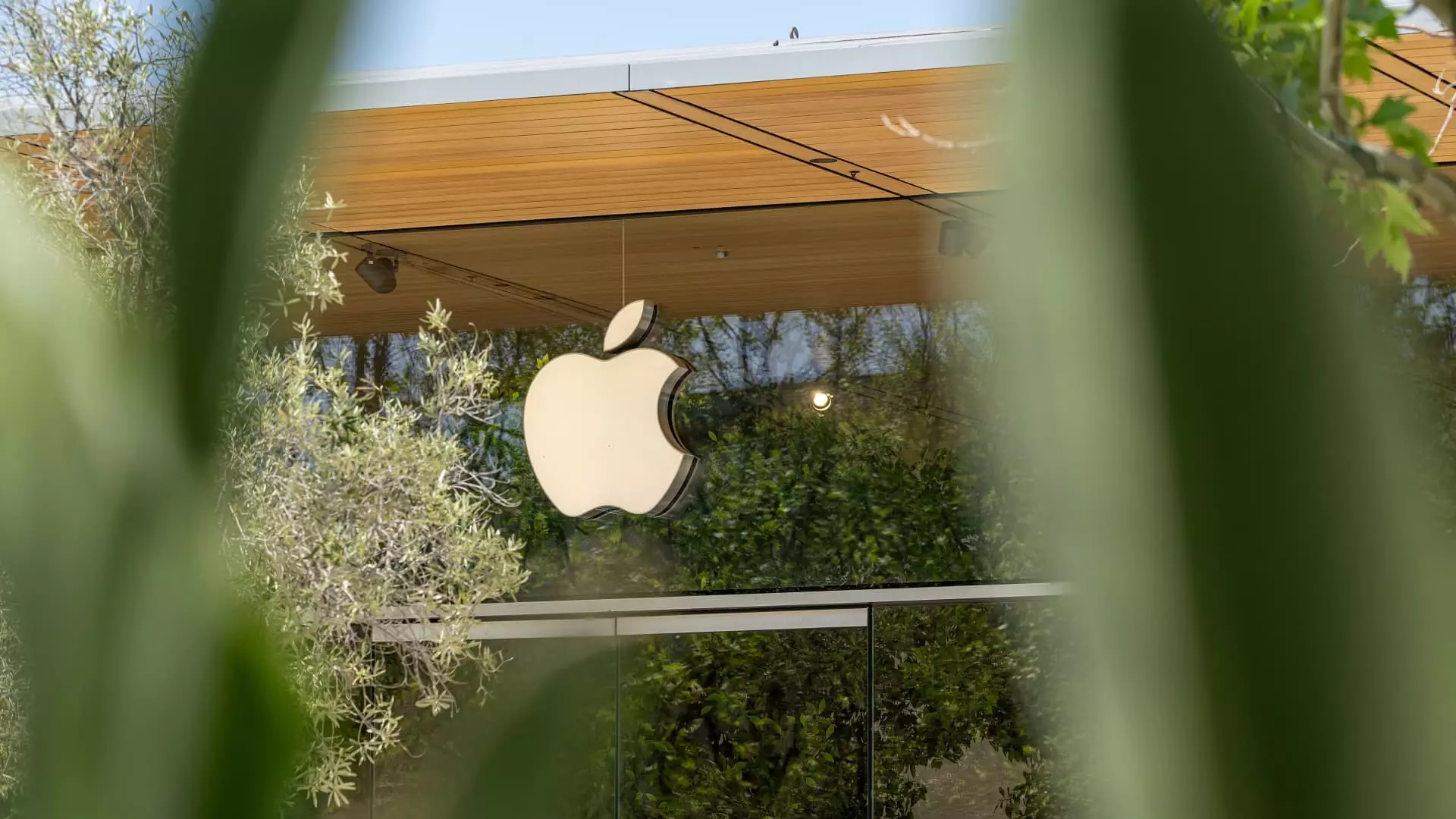In the high-stakes world of app development and digital commerce, few disputes have garnered as much attention as the ongoing legal saga between Apple and Epic Games. Apple, the tech behemoth known for its stringent control over the App Store, has found itself on the defensive following a recent court ruling that threatens to reshape its business model fundamentally. This clash is not merely about commission structures; it represents a larger battle over the future of app distribution and payment methods. As Apple strives to maintain its lucrative commission system, Epic Games has aggressively challenged these practices, igniting a broader conversation about market competition and developers’ rights.
The Court’s Recent Ruling: A Game Changer
At the core of this conflict is U.S. District Judge Yvonne Gonzalez Rogers’ decision, which found that Apple had violated a previous court order during the Epic trial from 2021. Her ruling mandates immediate changes to Apple’s linking policies, prohibiting the company from charging commissions on transactions initiated through links within apps. For consumers and developers alike, this represents a pivotal shift in how digital payments may be made within the Apple ecosystem. Epic Games CEO Tim Sweeney has framed this victory as critical progress towards fostering a competitive environment within the app marketplace, asserting that the ruling “forces Apple to compete.”
However, Apple contends that such changes could cost the company “substantial sums,” estimating potential losses in the hundreds of millions to billions of dollars annually. This argument underscores a central tension in this dispute: while Epic advocates for greater developer autonomy, Apple defends its commission fees as essential to maintaining the integrity and security of its ecosystem.
Economic Implications: Who Stands to Benefit?
If Apple succeeds in obtaining a stay on the court’s order, it may stall these transformative changes and allow Apple to maintain its traditional revenue streams. This situation presents a critical moment for app developers, as companies like Amazon and Spotify have already begun to adjust their payment mechanisms in accordance with the ruling. The success of these adjustments highlights the potential of a more open app economy, where developers could drive customer traffic directly to their websites, minimizing their dependency on Apple’s commission-based model.
Epic’s proposed software enhancements are set to further streamline this process, granting developers the tools they need to link directly to payment systems on their websites. Some may argue that this evolution in payment processing will ultimately enrich consumer choice while intensifying competition. Conversely, Apple warns of potential risks; they claim the alterations might impede consumer trust and harm Apple’s business model, which has historically allowed the company to maintain its focus on user privacy and security.
The Broader Context: A Push for Change
The legal tussle is symptomatic of a larger reckoning within the tech industry, where major platforms wield immense power over their ecosystems. With increasing scrutiny from regulators and public sentiment shifting towards a demand for fairer practices, the outcome of the Apple vs. Epic lawsuit may serve as a precedent for similar disputes in the future. The shifting narrative suggests a concerted push for reform that could democratize the app development landscape, potentially compelling companies to redefine their roles within the digital economy.
Amid this backdrop, Apple’s narrative of compliance, as articulated by CEO Tim Cook, reflects a desire to maintain its narrative of integrity in the face of what it perceives as punitive measures by the courts. Nevertheless, the judge’s referral alleging that Apple misled the court about its pricing practices raises poignant questions about corporate transparency in the tech arena.
The Human Element: Developers at a Crossroads
As legal battles unfold, another important dimension emerges: the impact on developers working tirelessly to innovate and create engaging digital experiences. The uncertainty surrounding commission structures and linking policies affects their livelihoods and, ultimately, the richness of the app ecosystem as a whole. Are developers going to be marginalized further, or will they finally gain the independence they need to thrive in a more competitive market?
As this saga continues, one thing is clear: the future of digital commerce is hanging in the balance, and both Apple and Epic Games have significant stakes in determining its direction. The question remains: will this critical moment lead to an era of increased freedom and creativity for app developers, or will the titans of tech maintain the status quo, cementing their dominance over the next generation of digital innovation?

